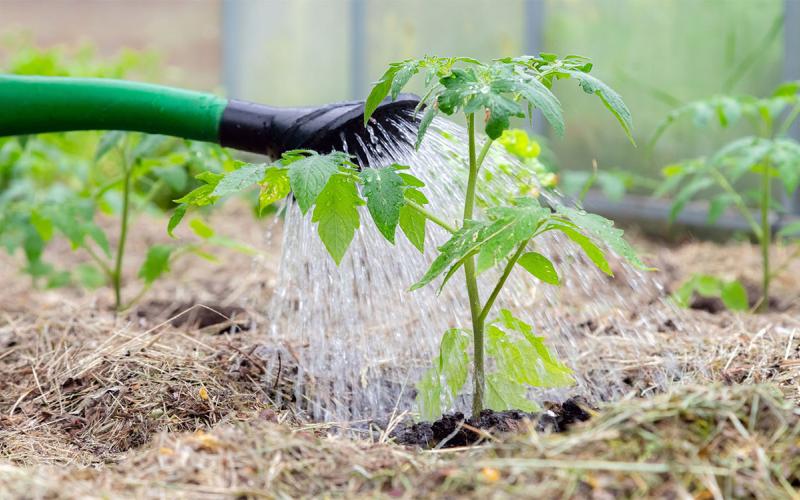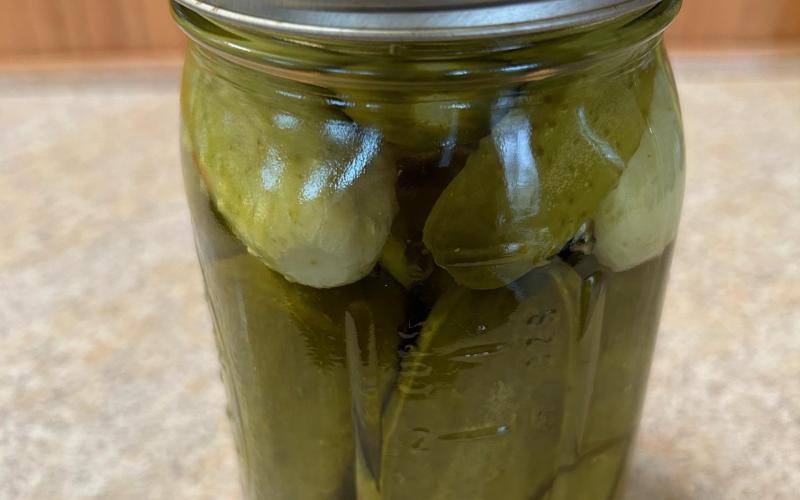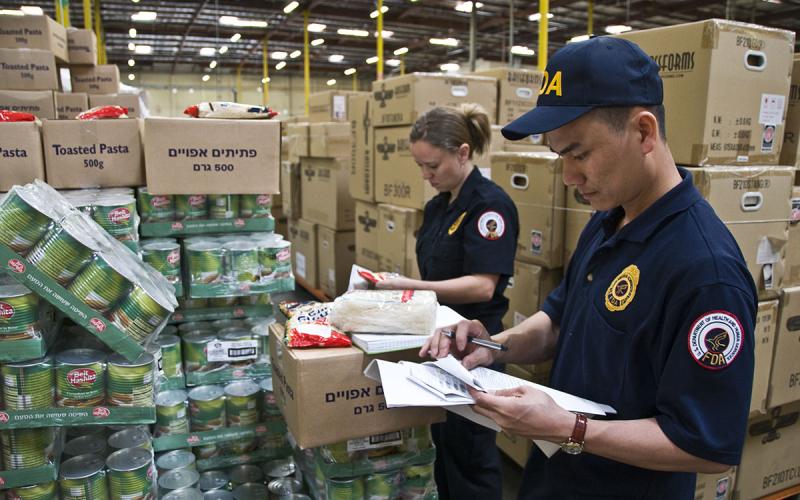Written by Claudia Botzet, former SDSU Extension Nutrition Field Specialist.
Always wash your hands before feeding an infant and handling the infant's food. Clean and sanitize the area where you will be preparing the infant’s milk or formula.
Breastmilk
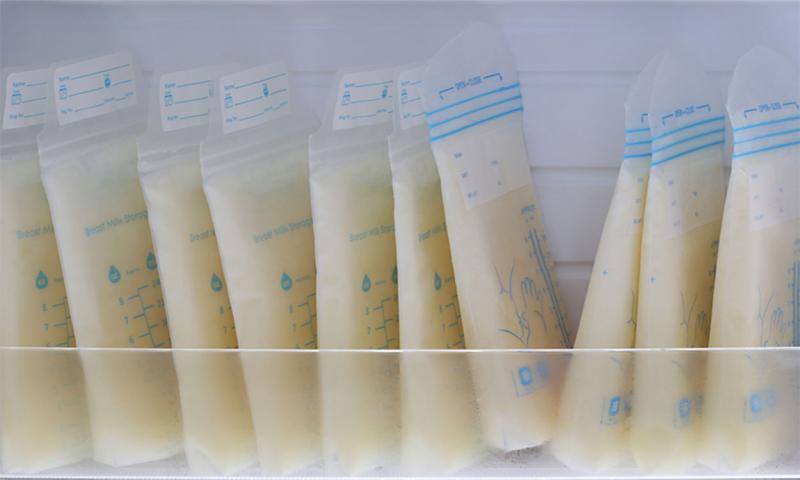
Storage
If a mother produces more milk than the infant can drink, generally, a pumping machine is used to collect the milk from the mother. When storing this milk, use food-grade containers or bags that are made of plastic or glass with tight fitting lids. It is best to avoid any bottles with the recycle number 7, which means the container may be made of plastic containing BPA. Some research has shown that BPA can contaminate food or beverages and cause poor health effects to the brain, prostate gland, fetuses, infants, and children. To ensure safe storage, do not use containers that are not intended for storing breast milk.
Preparation
As a rule of thumb, always remember to use the oldest breastmilk first. This will help prevent milk from going bad and unable to use. To thaw breastmilk, it can be placed in the refrigerator overnight, placed in a container of lukewarm water, or placed under lukewarm running water. Do not thaw frozen breastmilk in the microwave, as it can destroy important nutrients and create hot spots that can burn the baby's mouth. Once breastmilk is thawed, use within 24 hours. Do not freeze breastmilk more than once. For additional storage and preparation guidelines, visit the Centers for Disease Control and Prevention website.
Formula
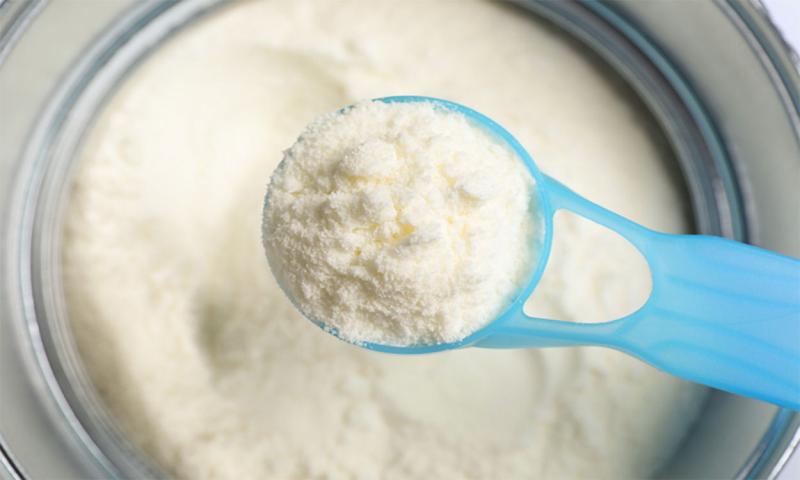
Preparation
When preparing infant formula, always use water from a trusted and safe source. Use the amount of water and formula instructed on the formula package. Measure the water amount first, then add the powder. If too much water is added, the infant may not be meeting its nutritional needs. If too little water is used, the formula will be highly concentrated, which can cause the infants' kidneys and digestive system to work too hard, resulting in dehydration. Use formula within 2 hours of preparation. If the infant does not finish the bottle within 2 hours, the formula can be stored in the fridge for 24 hours.
Storage
If the infant does not finish the bottle within 2 hours, the formula can be stored in the fridge for 24 hours. Store containers of formula in a cool, dry, and dark place. Follow the expiration dates on the formula container or packaging.
Reference
- Center for Disease and Prevention. Human Milk Storage Guidelines
- Center for Disease and Prevention. Infant Formula Preparation and Storage
